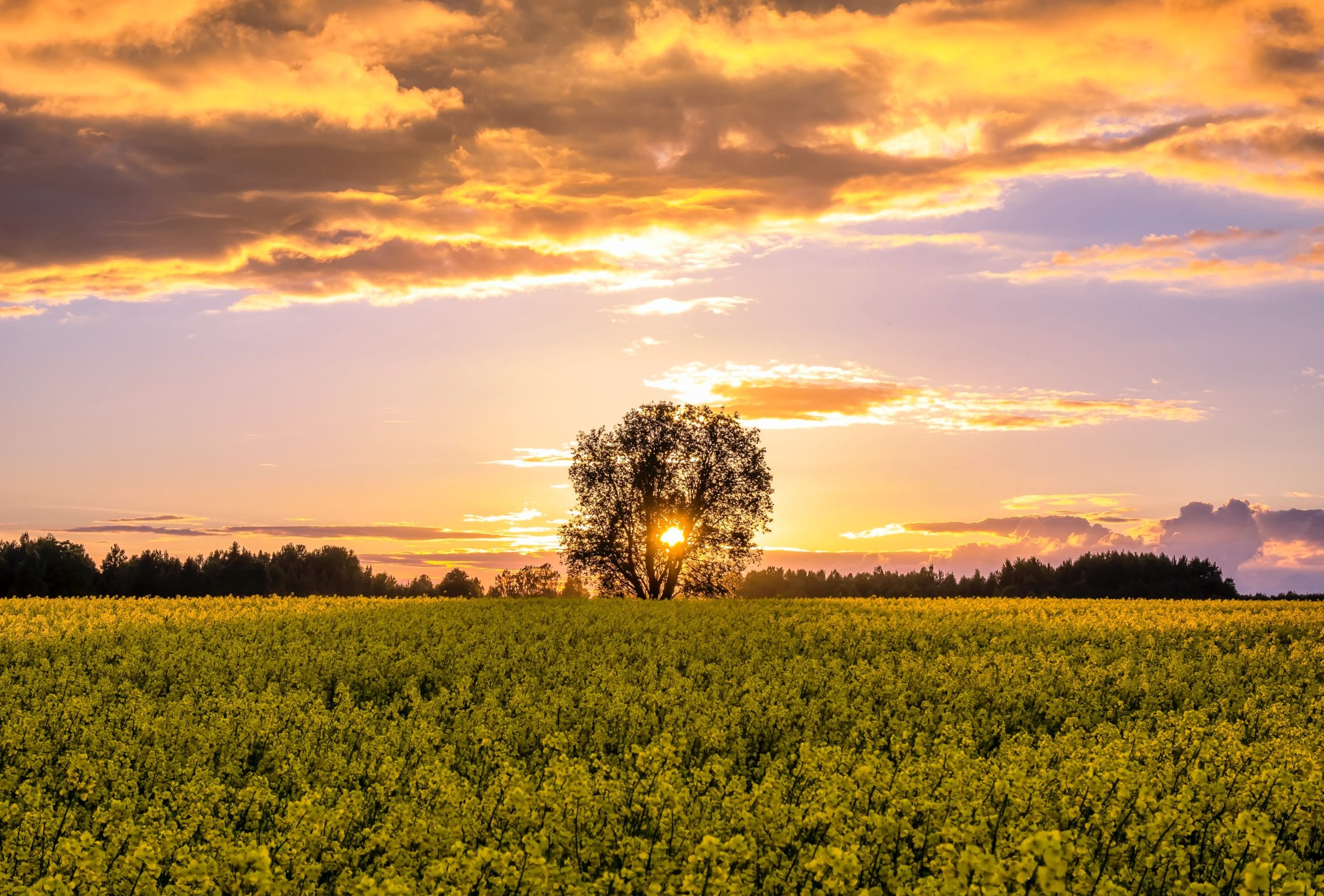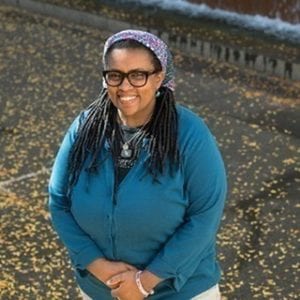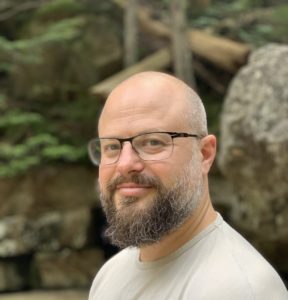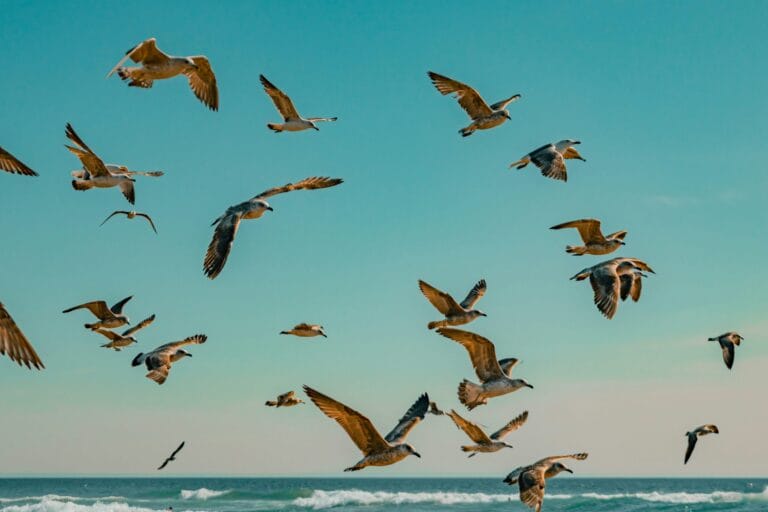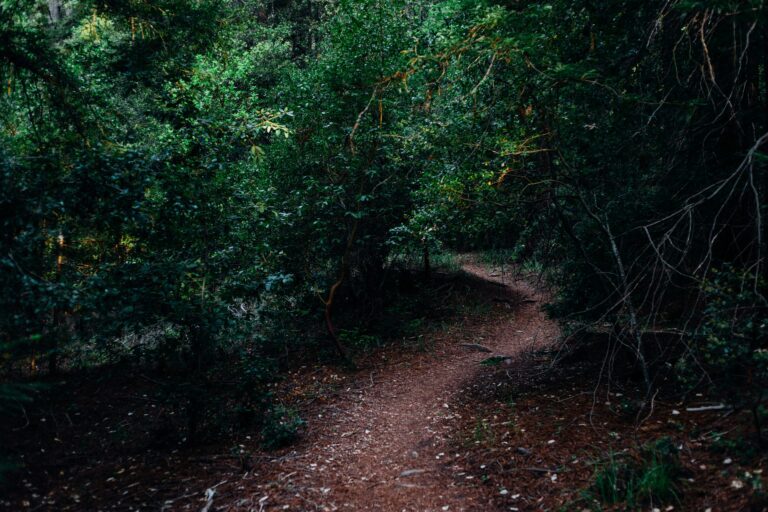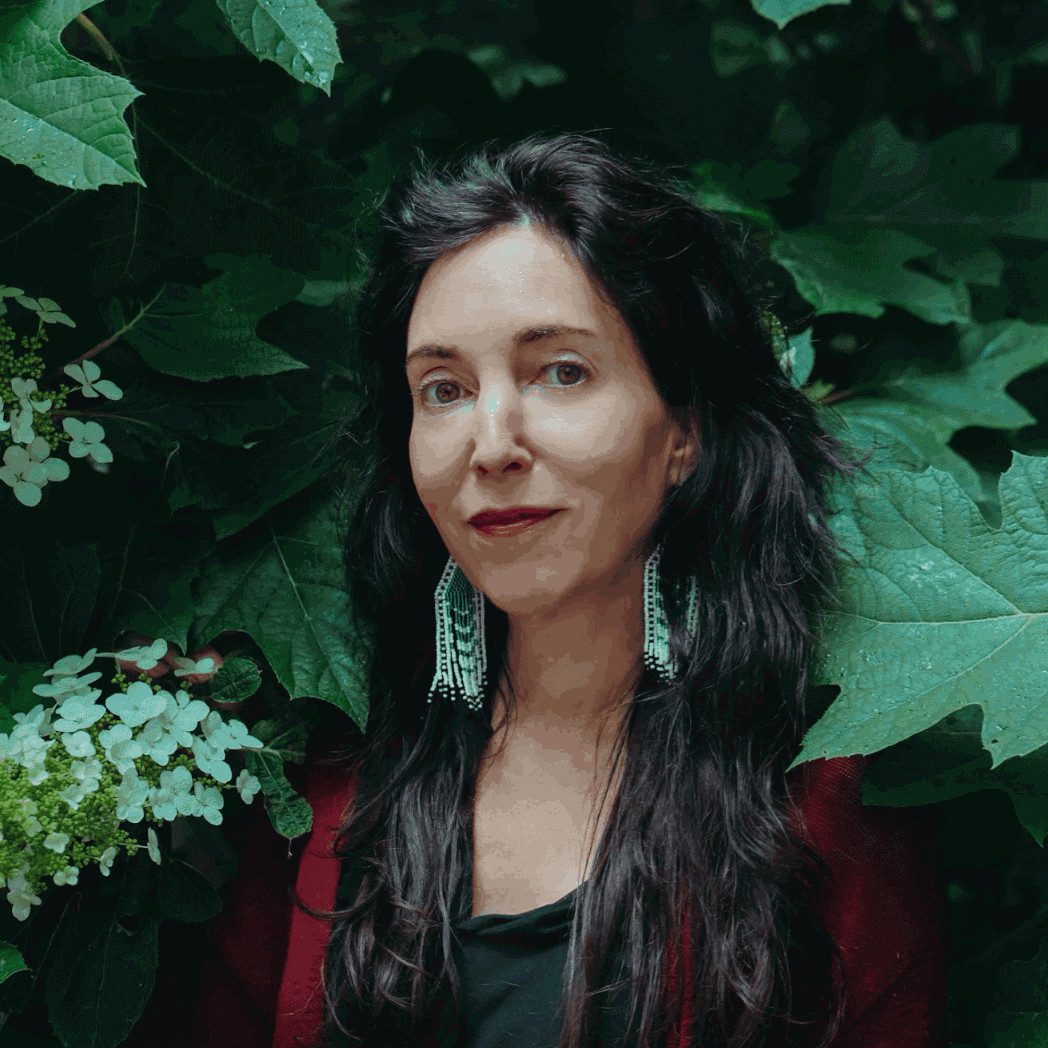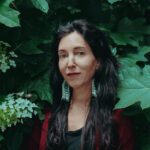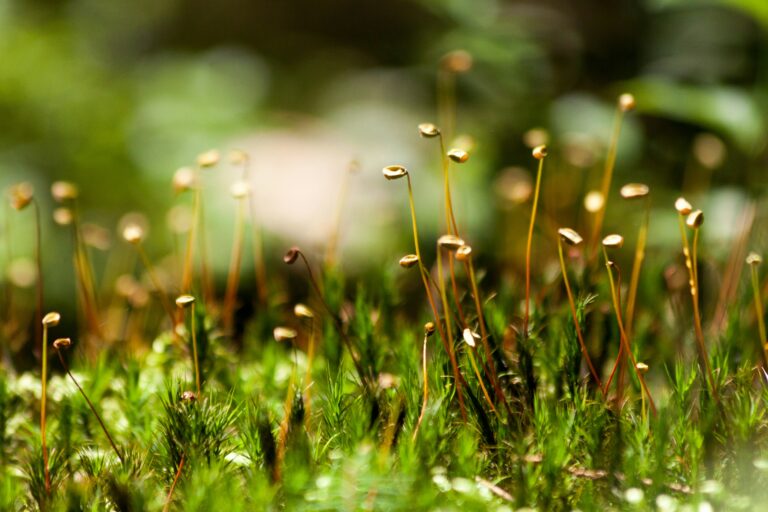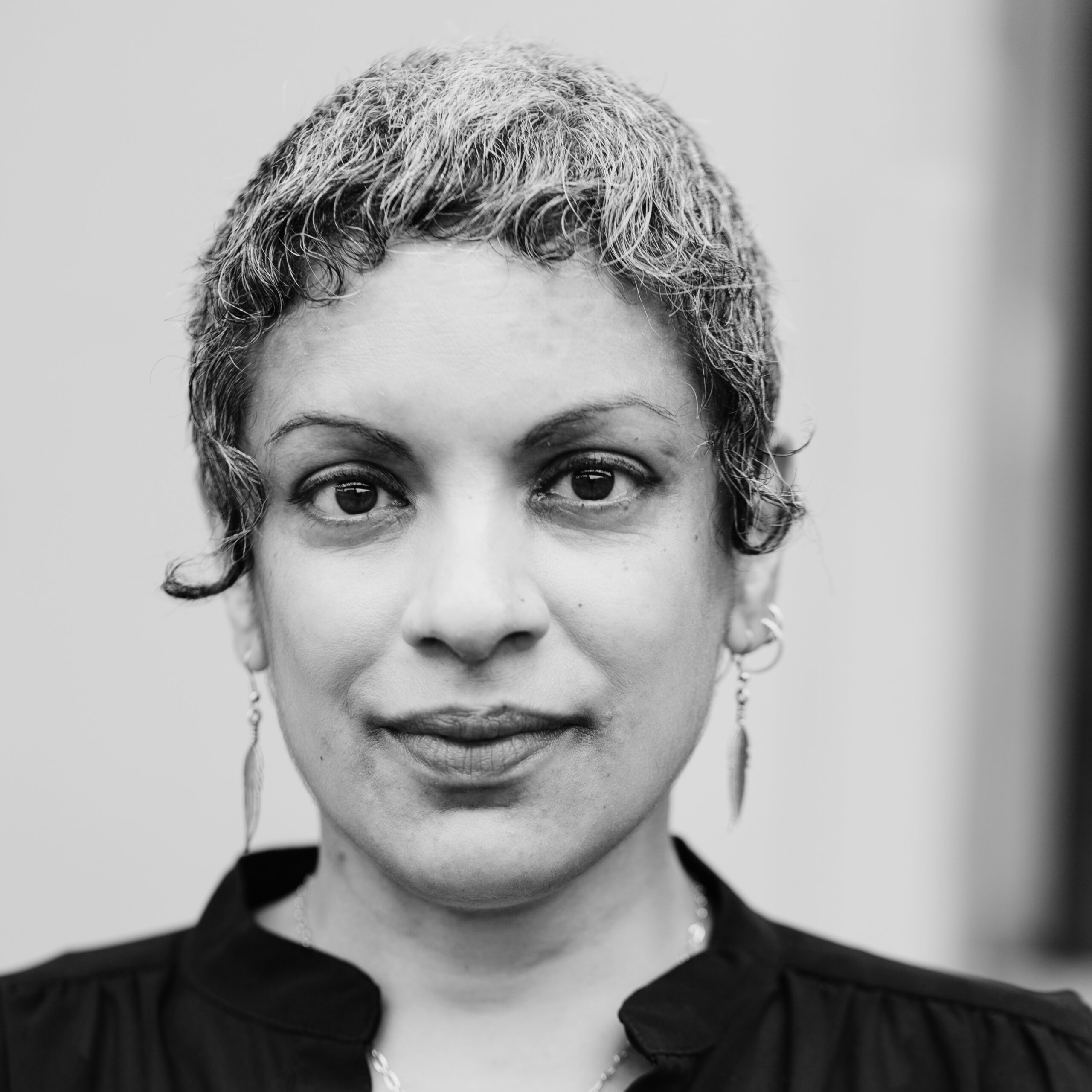The heat of our warming biosphere invites varied and dynamic responses. When we’re connected to natural seasons and cycles, we can see this more clearly. Earth’s dynamism is seasonal and responsive—this seasonal transformation is constantly teaching us as we negotiate within ecosystems. We are part of a cosmic diplomacy.
We don’t need fixed answers to ecological problems. We don’t need to cling to hope, or live in fear. We don’t need one solid truth about activism, spirituality, or healing. Instead, like the seasons, we can discover an agility and wild diversity in our ecological awareness and action. In the summer we might blaze. In the autumn we may feast and celebrate. In the winter we might rest or go dormant. In the spring we may begin to create. Though capitalism and colonialism tend towards constant productivity and profit, it remains possible to rest and move seasonally.
Exploration Resources
Welcome
In this video, One Earth Sangha co-founder Kristin Barker welcomes us into this exploration. Kristin is speaking from a small forest near her home in traditional Piscataway territory and the Potomac River Valley.
Guided Meditation
Adam Lobel offers a guided meditation to bring us into the body and support our contemplation of heat.
Dharma Offerings
Michelle King, Fitzhugh Shaw, and Adam Lobel open up the core teachings of this Exploration in this recorded conversation.
In the video below, Fitzhugh Shaw leads us in a fire offering.
Contemplations
These questions provide an opportunity to inquire into the solstice and the themes of heat, global warming, and the spiritual dimensions of warmth. Consider these suggestions and feel free to adapt, replace and augment.
Contemplation Questions
- Do you usually acknowledge the solstice? Do you have any rituals or practices connected with the solstice?
- What is your relationship with our warming globe? What do you feel when you give yourself time to reflect on the heating climate?
- When you buy food or go out to eat, where and “when” does the food come from; does the food come from the local season in which you find yourself? How is warmth and coolness part of this process?
- What might it mean for you to cultivate a relationship with the heat of a warming biosphere? What practices or trainings would support you in this?
- How would you tell the story of our moment of history, and the reality of climate change without any blame? What feelings, tensions, questions, and relief might this bring up for you?
- What are you willing to surrender?
- What are you willing to offer?
- Can you think of some ways in which the warming of our biosphere might be healing? What does this question bring up for you?
Approaches
Here are a few ways that you might engage with the questions.
- If you are approaching the questions alone:
- Simply read the following questions, one at a time. Pause and sense what is arising for you. If it feels right for you, close your eyes and feel into the felt-sense that arises in your body as a response to each question. Take your time; no rush. Contemplate what arises.
- You may then want to journal about each response or the process as a whole, whatever you’d prefer.
- You could also open the voice memo app on your smartphone and speak your response for a few minutes into the phone. (Delete the memo when you’re finished, if you’d like! It’s about the process, not the product.)
- If you are approaching the questions with a partner or in a group:
- Get into pairs.
- Read one of the questions aloud. Both partners can pause and sense what is arising. If it feels right for you, close your eyes and feel into the felt-sense that arises in your body as a response to each question. Take your time; no rush. Contemplate what arises.
- Then one partner speaks openly and honestly, from the heart, as a response to each question for about 5 minutes.
- The other partner just listens receptively. There is no need to “help” or “encourage” your partner, simply listen and be there.
- Then, switch roles. The partner who listened now contemplates the same question, pauses, and then speaks a response for about 5 minutes.
- Move through all or some of the questions in this pattern.
- Then, when the group decides, return to a whole and hear from each other about the experience. Notice difference as well as shared themes.

